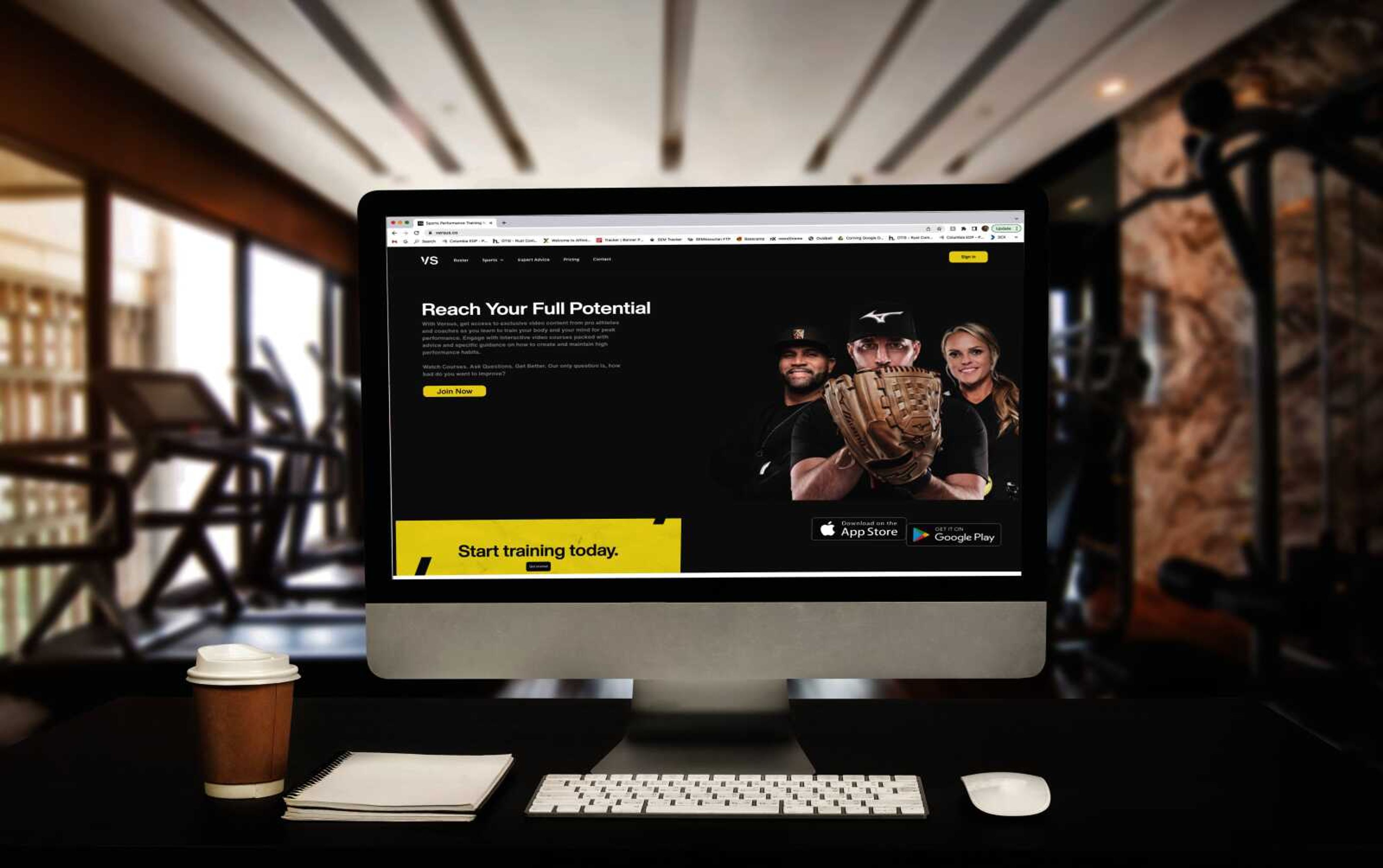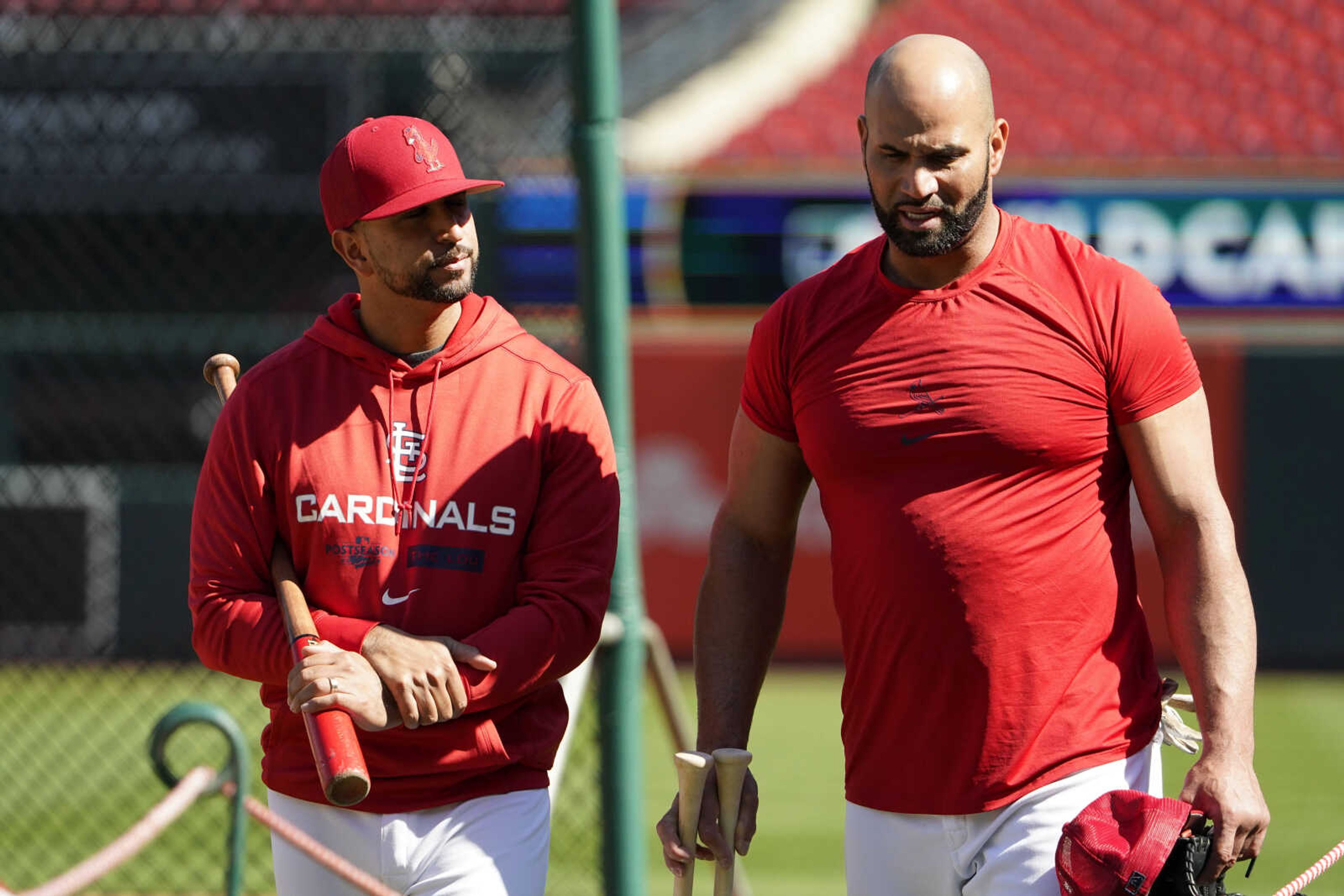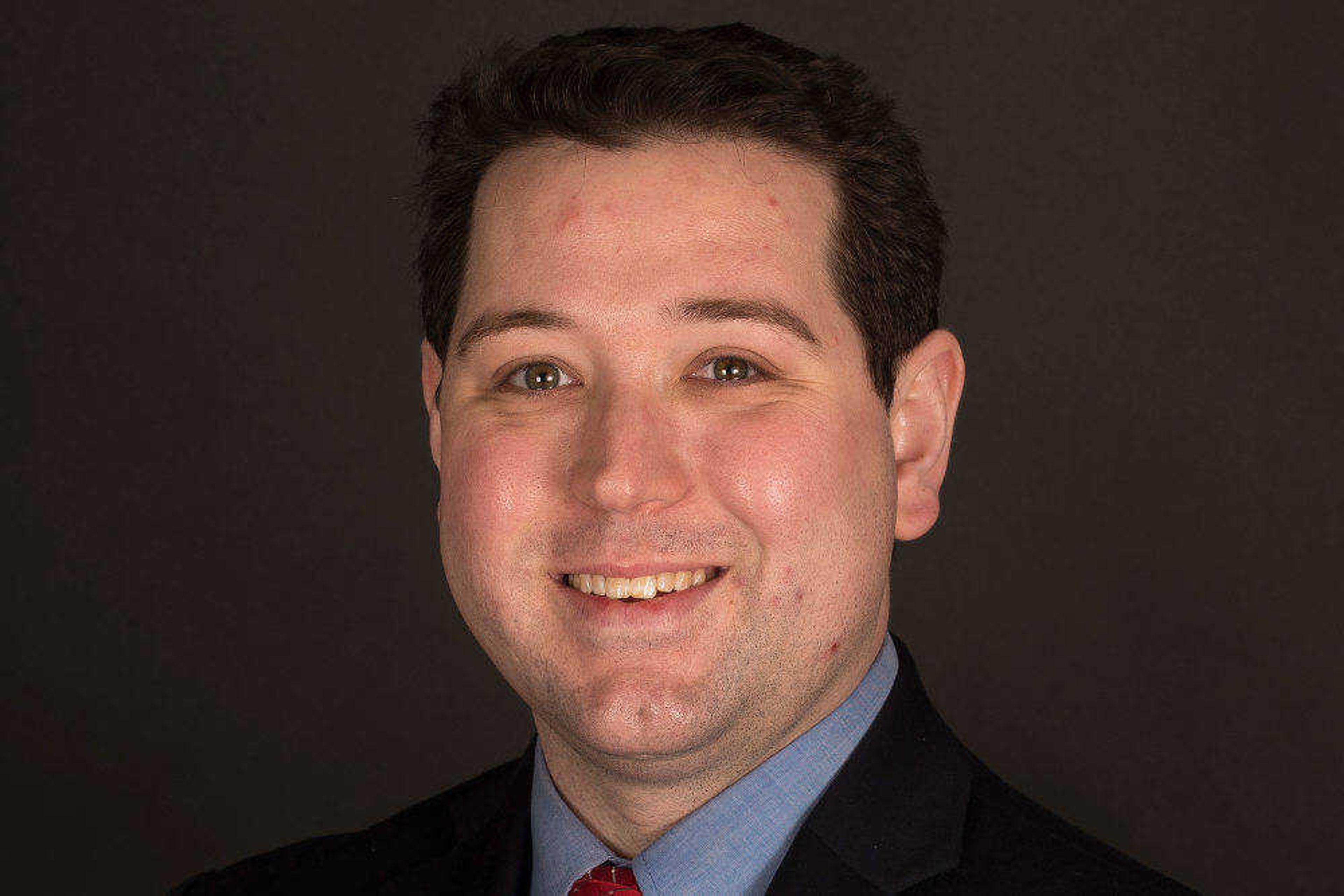Cardinals manager Oliver Marmol talks new sports tech platform
St. Louis Cardinals manager Oliver Marmol represents a new wave of leadership in Major League Baseball. At age 36, he’s the youngest field manager in the game. He also embraces analytics, which have become increasingly important in America’s pastime...
St. Louis Cardinals manager Oliver Marmol represents a new wave of leadership in Major League Baseball. At age 36, he’s the youngest field manager in the game. He also embraces analytics, which have become increasingly important in America’s pastime.
On the field is not the only place the first-year manager embraces innovation and new school technology. Marmol and his wife, Amber, are co-founders of an education technology company called Versus (VS) that uses video and artificial intelligence (AI) to provide sports-based instruction.
Think MasterClass for sports with the added benefit of being able to ask questions to faculty in real time.
“One of the things that really propelled me forward in my career is the access that I’ve been given,” Marmol said. “And I took advantage of it. I was super intentional when I was going to be around anybody that had knowledge in the areas that I wanted to dive into … I was intentional about asking them questions.”
He said leaving those conversations with two or three questions answered and better direction was a game changer for his career.
Enter the AI component of VS.
Each featured athlete has pre-answered about 500 likely questions. Using a technology called conversational AI, the platform allows users to ask faculty a range of questions.
For example, did Albert Pujols ever doubt himself in the minor leagues? What was it like for Ozzie Smith to play with Bob Gibson? But there are also skill questions. For example, you can ask Olympic softball star Jennie Finch how to throw a rise ball. These questions and more are all answered. You can speak to the platform, type a question or select different topics and the platform will show you 10 questions specific to that topic, Marmol said.
“We wanted to provide actual course curriculum from these talents and paired with the conversational AI so that you can learn from the course but at any point stop and be able to engage in conversation.”
The research team determines a list of 1,000 questions they think will be the most relevant. Questions are segmented based on audience: athletes, parents and coaches. For example, what will a 10-year-old athlete ask compared to a 15-year-old vs. a 20-year-old? The team then determines what a parent is most likely to ask and what a coach will want to know. Once they narrow the questions down to the most important 500, the talent answers the questions on video.
The platform also learns from those who use it, he said. What questions are asked and answered? Which ones could be answered better? And over time, it will be further developed.

Target audience
Marmol said the curriculum can add value to a range of users, from the 10-year-old athlete to a college player to adults — including business leaders seeking insights from the best in sports.
“It’s broken up by chapters, and Albert Pujols will breakdown the most basic of fundamentals. But he’ll also get into mentality and emotional IQ and the things in his preparation that allowed him to have the success that, quite honestly, even if I was not an athlete and I was in the business world, I can listen to Albert’s course and glean a ton of wisdom.”
He added that an upcoming course from former NFL kicker Adam Vinatieri on handling high stakes environments is another one where there’s value to youth but also for business leaders. Softball great and current ESPN analyst Jessica Mendoza also does a course on breaking barriers that Marmol championed.
“So yes, we are targeting the aspiring athlete, but it will not surprise us one bit if parents get just as much out of it as the aspiring athlete does.”
Selecting faculty
Marmol said authenticity is a key component they look for when selecting faculty for the platform. More specifically, that the talent is able to speak to what made them successful in a “very vulnerable and authentic way.”
They also want the individuals to talk about their struggles, adversity faced, and make sure they can relate with the end user in a very human way.
“People look at Albert Pujols or Adam Wainwright or Ozzie Smith, I mean, go down the list of athletes that we have and they’re like, ‘man, these guys are the greatest of greats.’ It’s like, ‘no, I was no different than you. But here’s how I mentally approached my day and my work and my routines in a way that gave me consistency.’ So we want to make sure that the athletes we do choose are relatable, they’re authentic. But we’ve done a really good job with the 26 or so that we’ve signed to check those boxes.”

The numbers
The platform offers three tiers of pricing: free, which includes 1 free video session and 10 interactive questions; standard ($199/year), which includes unlimited video sessions, 20 interactive questions per month and future course content contribution; and premium ($299/year), which includes unlimited video sessions, unlimited interactive questions, future course content creation and exclusive behind the scenes content.
On the business side, VS has several management leaders and a number of staff members on the marketing and production side of the operation. They’ve partnered with a company that has produced several MasterClasses. For their app VS worked with the New York-based company Fantasy, which was involved with Tesla, MasterClass and Netflix.
Marmol said the company raised $1.5 million in the seed funding round and another $7 million in Series A. They are currently in another $20 million round.
The deals with each athlete are structured differently, Marmol said.
“Some have actually brought their own capital to the table in order to have equity in what we’re doing because they believe in the long-term play here. And then others are just cash for their services.”

Philanthropy
Marmol wants the platform to be accessible to as many young people as possible.
He said there have been a couple of investors and athletes who have sponsored subscriptions for their local high school or a local organization. With each sponsored subscription, VS will match the donation for underserved youth in that community with a donated subscription.
“We just had someone [invest in] 500 kids that they wanted to sponsor, and we’ll match that and give 500 to organizations. We’ll try to do like the Boys and Girls Club or different organizations locally within the community that that athlete or investor lives in.”
The Marmols consider the company as an opportunity to support a greater cause.
Years ago the couple took a trip to Guatemala where they stayed at an orphanage for seven days. When they returned, Marmol said his wife wanted the couple to start something to give back to underserved communities.
“At the time, we were in the minor leagues and didn’t have a whole lot of cash. So I started giving lessons and we committed to 50% of everything that we made, we would give back out that year.”
The couple’s donations were able to feed the underserved three meals a day for six to seven months, he said. The group sent the Marmols a photo back of children eating at a long wooden table, and Amber Marmol told her husband they needed to find a way to increase their giving.
This idea of generosity led to the business.
Marmol said 10% of every dollar the company earns is to be donated to underserved communities.
Marmol said his wife self-taught herself business principles during his minor league career. She would travel with him, and while he was at the ballpark she would read business books.
“She would sit there and read through a ton of content, and then had a notebook and she would just take notes on everything that she was learning,” he said.
Ultimately, this fascination with business led her to the idea for a video-based educational technology company that leveraged the expertise of the best minds in sport.
The couple would later connect with Mike Shildt, now the former manager of the St. Louis Cardinals, and Trey Nielsen, a former player under Marmol who entered the business world. All four are co-founders of the company.
With a packed schedule as a Major League Baseball manager, Marmol said he leaves much of the business operation to his wife and their CEO. But he said that he does enjoy engaging in the process.
“Business is my hobby. It energizes me. It gives me a little escape from the day-to-day of what I do. And the reality is, our team is unbelievable. I’m not involved in the day-to-day [operation]. I am more involved with catching up with Amber and our CEO and making sure that if there’s an area I can help or a connection I can make or a phone call, I can be on there for them.”
For now, Marmol wants the company to stay focused on sports training.
“The technology that we have can be very broad, but we want to make sure that we have a really good foundation for the sports market before doing anything else.”
The company is certainly growing. At the time of this interview in early September, Marmol said VS has signed 26 athletes with content already produced — though not all published — for 20 within baseball, softball and soccer.
Athletes currently featured on the website include: Tim Walton, Jessica Mendoza, Kelley O’Hara, David Copeland Smith, Ali Krieger, Ashlyn Harris, Jennie Finch, Amanda Lorenz, Albert Pujols, Adam Wainwright, Fernando Tatis Jr. and Ozzie Smith.
Marmol said the company had signed an NFL athlete and has four NBA investors, which will be another vertical for the platform.
Technology in baseball
Marmol said there’s plenty of technology and analytics in Major League Baseball. It’s more a matter of determining what data is meaningful and actionable.
“There’s a lot more information in our game today. And you’d be stupid not to pay attention to it and figure out ways to simplify it and apply it to the day-to-day. I mean, the reality is, it helps in decision-making. It helps in the way we train. It helps in the way we recover. It just helps us in so many different areas. So it’s definitely something that’s changing the game and is going to continue to.”
The young manager is certainly one to watch in baseball, and his company is providing new tools for athletes, coaches and parents as they seek to learn from the best of the best in sports through new technology.
Connect with the Southeast Missourian Newsroom:
For corrections to this story or other insights for the editor, click here. To submit a letter to the editor, click here. To learn about the Southeast Missourian’s AI Policy, click here.







